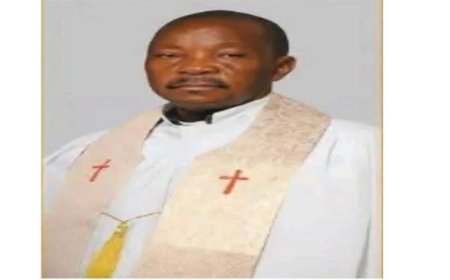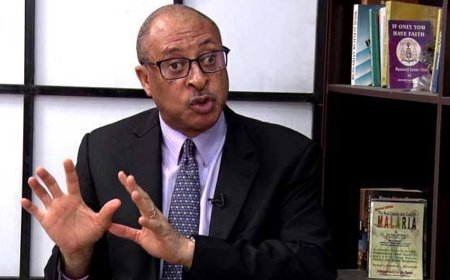What you need to know about FG’s ban on under-18 WAEC, NECO candidates
Nigeria has set a minimum age of 18 for secondary school exams and university entrance to address underage admissions, sparking debate. The new policy aims to prevent underage students from entering higher education early, receiving mixed reactions regarding its impact on current students.

The Federal Government introduced the 6-3-3-4 education system in 1983, aiming to meet the educational needs of its citizens and equip young people with practical skills for self-reliance. Over two decades later, this system was modified and replaced with the Universal Basic Education (UBE) program, also known as the 9-3-4 system. This updated curriculum was designed to align with global best practices.
However, experts have raised concerns that the implementation of these educational policies has led to a troubling trend: the admission of underage children into secondary schools. An increasing number of parents are pushing their children to complete their education at an unusually young age, often encouraging them to skip the fifth and sixth grades of primary school and move directly into Junior Secondary School. Ideally, a student in Nigeria should be around 18 years old upon graduating from secondary school, but many now finish as young as 16 or even earlier, due to these skipped grades.
This trend extends to Senior Secondary schools as well, where some parents pressure their children to take the West African Senior School Certificate Examination (WASSCE) while still in SS2. As a result, many students are graduating from secondary school at the ages of 14, 15, or 16 and entering tertiary institutions at these young ages.
The consequence is that these younger, often immature students, who would typically still be under parental supervision, find themselves navigating the more independent and less regulated environment of tertiary education.
In response to this issue, the Minister of Education, Prof. Tahir Mamman, recently announced on Channels Television’s ‘Sunday Politics’ program a new policy setting the minimum age for secondary school leaving examinations at 18 years. This means that underage students will no longer be permitted to sit for the WASSCE or the Senior School Certificate Examination, both of which are necessary for advancing to tertiary education.
This new directive also impacts the West African Examinations Council, which oversees the WASSCE, and the National Examinations Council, responsible for the SSCE. Prof. Mamman confirmed that the minimum age requirement for the Unified Tertiary Matriculation Examination (UTME), conducted by the Joint Admissions and Matriculation Board (JAMB), would also be set at 18 years.
He emphasized that this is not a new policy but one that has existed for a long time. “For the avoidance of doubt, this is not a new policy; this is a policy that has been there for a long time,” Mamman clarified.
Last month, during a meeting with JAMB and other education stakeholders, Mamman reiterated that the minimum age for the UTME should be 18 years. He stated, “JAMB is hereby notified that there is now a ban on underage students, those under the age of 18, from our tertiary institutions for the 2024 admissions… It doesn’t require a statement of the minister… we are only restating what is in the law.”
However, the announcement sparked criticism, especially from university stakeholders, as many underage candidates had already taken the UTME without prior knowledge of this directive. This raised concerns for 16 and 17-year-olds who had passed the UTME and were seeking university admission.
In response to the backlash, the minister temporarily reversed the directive, allowing candidates aged 16 and above to continue to be admitted to universities until 2025. Nonetheless, following his recent pronouncement, Mamman insisted that the policy would be enforced moving forward.
Prof. Emmanuel Osodeke, National President of the Academic Staff Union of Universities (ASUU), noted that ASUU had not yet formally discussed the matter but personally expressed that students should adhere to the standard academic progression: six years in primary school, six years in secondary school, and then proceed to university at the age of 18.
Former Vice President Atiku Abubakar also criticized the Federal Ministry of Education's policy, questioning how such a regulation could be considered the next logical step amid the numerous challenges facing Nigeria's educational system.
What's Your Reaction?



































![Meet the Contestants of The Next Big Thing [TNBT]](https://flashupdates.com.ng/uploads/images/202508/image_430x256_688e0cb7c6806.jpg)


































